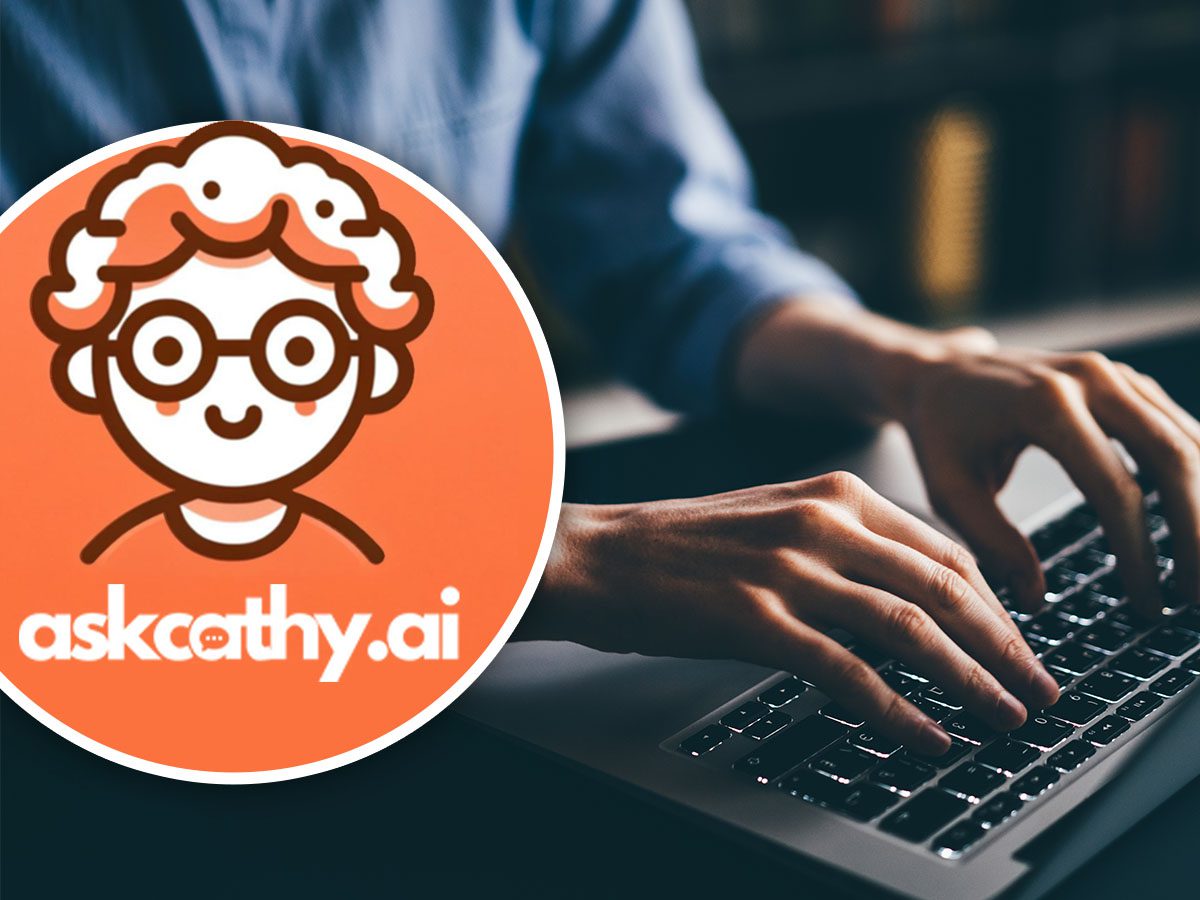
Business Insider recently featured a story on Churchy Answers That Help You, or Cathy for short, a faith-based chat bot that utilizes the traditions of the Episcopalian church to respond to people’s search for truth and guidance. Cathy was developed by TryTank Research Institute, with the intention to “translate” the Bible into everyday language for searchers, particularly younger people. “Cathy represents our innovative approach to leveraging technology in support of spiritual exploration,” said Episcopal priest and founding director of TryTank, Reverend Lorenzo. It can also be used to help develop sermons. Developers stressed that Cathy is not meant to replace priests, but rather can be used as a tool to ask questions that may be difficult to ask in-person. The technology has not been without its hiccups though; Catholic Answers “defrocked” its chatbot, Father Justin, after it suggested things like using Gatorade for baptism.
The growing use of AI in religious spaces is, of course, not without its detractors. Ilia Delio, chair of theology at Villanova University, expressed a concern that chatbots offered “shortcuts to God” that undermine the benefits of engaging with the actual religious texts personally. Rabbi Joshua Franklin utilized ChatGPT to deliver a sermon for his congregation in December 2022. What he found was a “passable” sermon that lacked the human elements necessary to bring it to any meaningful life. “It actually had a little bit of content to it. And the congregation thought it was written by some other famous rabbis,” he said. “But if I’m going to preach about vulnerability and intimacy, I would share something of myself as a model for vulnerability. And that’s something that artificial intelligence and ChatGPT cannot do.”
Beth Singler, an anthropologist specializing in AI and an assistant professor of digital religions at the University of Zurich, stated that many people don’t understand how AI functions. “It takes the corpus [of text], remixes the words and puts them next to each other in terms of their probability of what word follows the next…. That’s not the same as understanding and explaining a doctrine,” she told The Guardian. “That is a concern in itself that there’s going to be a reforming of the theological knowledge that’s been shared so accurately and so patiently for hundreds of years, because ChatGPT is sort of hallucinating answers. It’s a correlation machine. It’s not a knowledge-finding machine. What it does is it predicts the likelihood of the following word.” The danger is in searchers misunderstanding the way AI generates its responses, often drawing on a “statistically logical order” rather than what is true.
OpenAI CEO Sam Altman has said that AI should be treated as “human-compatible” but not “human.” “It’s important to design human-compatible systems, but it’s a mistake to assume that they are humanlike in their thinking. I try not to project my human anthropomorphic biases onto it,” he said. Baptist theologian, Joshua K. Smith, said that it’s another case of human desires leading humanity astray. “We sometimes believe that technology is supposed to make life easier as if that is a primary concern of God or religion, and I don’t believe that it is,” “We will always see ourselves inside the machine. It is not the tech that leads us astray, it is the desires behind why we create said technology and what hopes we put upon its synthetic shoulders.”


